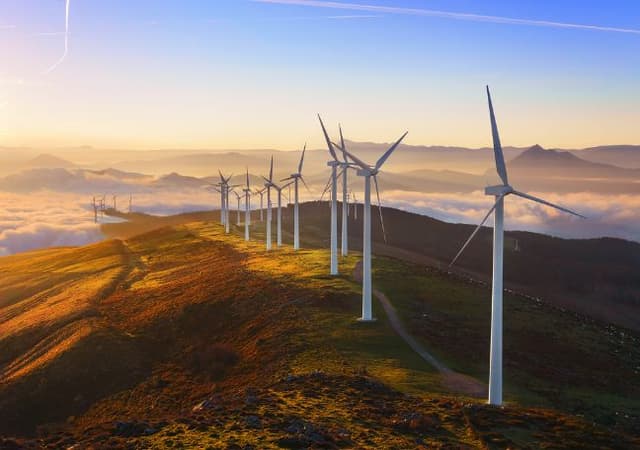Learning intentions:
Students will...
- explore different types of renewable energy.
Success criteria:
Students can...
- understand the importance of renewable energy
- create and test a pinwheel to demonstrate an understanding of wind energy.

Lesson Plan

Student Worksheet

Teacher Content Info
